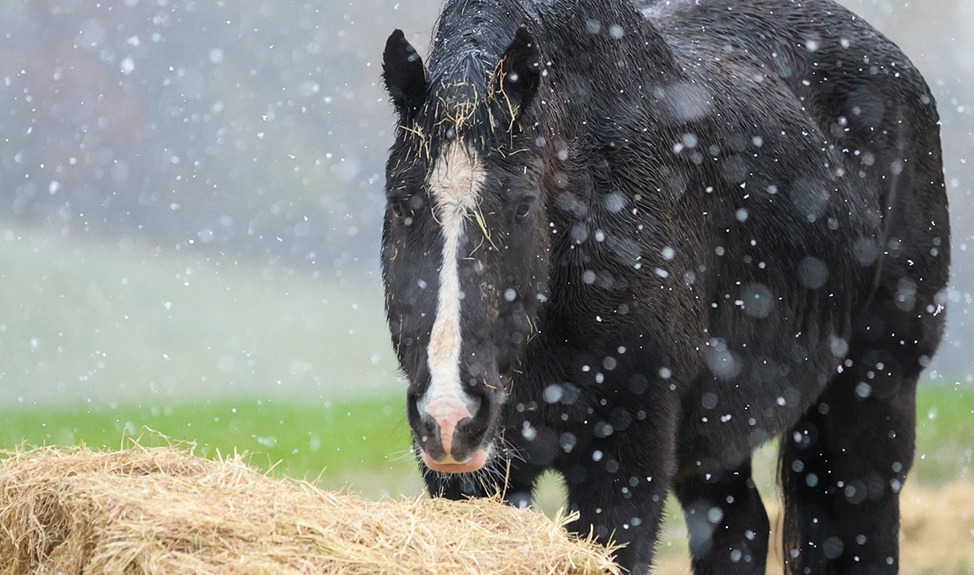At The Horse Trust, we’re committed to protecting not just the horses in our care…

Investigating the link between chronic conditions and behaviour
The Horse Trust has for some time been actively involved in areas of research that are enhancing the way we measure horse health and well-being. The study of equine behaviour is one of the cornerstones now considered as vital to measuring the quality of life for our horses.
As yet there is no deep understanding of horses’ behaviour that helps us improve the way we care for them but by supporting projects aimed at broadening the approach to measuring horse health and well-being through a formal and scientific analysis of their behaviour, we aim to make progress.
 During the early onset of poor health, such as lameness or sweet itch, it can be obvious that a horse is in pain or discomfort but when a horse has a long term chronic condition, the signs and the effects on their behaviour can become more subtle as the horse becomes inured to the day to day pain, just like one of us carrying a long-term back injury or a favourite dog managing with arthritis. Like all carers, we want to be sure we have all the information that we need to make the right decisions.
During the early onset of poor health, such as lameness or sweet itch, it can be obvious that a horse is in pain or discomfort but when a horse has a long term chronic condition, the signs and the effects on their behaviour can become more subtle as the horse becomes inured to the day to day pain, just like one of us carrying a long-term back injury or a favourite dog managing with arthritis. Like all carers, we want to be sure we have all the information that we need to make the right decisions.
Even with our expertise and experience of working with horses suffering chronic conditions for many years, we don’t yet have a scientific way of monitoring the horses’ behaviour so that we are totally confident their lives are happy ones. Being able to understand their behaviour in such a way that we know if they are in pain, distress or just having an off day, will help us, and everyone caring for horses with long term conditions, to make better decisions about the treatment they need, the way we care for them and ultimately, the tough decisions that may need to be made about their quality of life.
This new study by Professor Christine Nicol at the University of Bristol will examine how we can tell how happy or comfortable a horse is or isn’t, specifically those suffering from long term/ chronic conditions like lameness, sweet itch and gastric ulcers. By formally analysing their behaviour the research aims to improve our ability to understand what the subtle changes in the way a horse behaves mean and what the horse is trying to communicate to us, in addition to the hard clinical information. We can tell our doctors how we feel, horses can’t speak to their vets and owners, so it’s down to us to learn to understand their behavioural language much better than we currently do.
1 2















Comments (0)